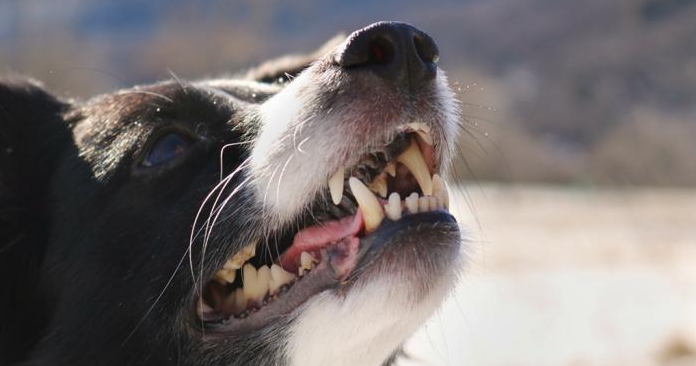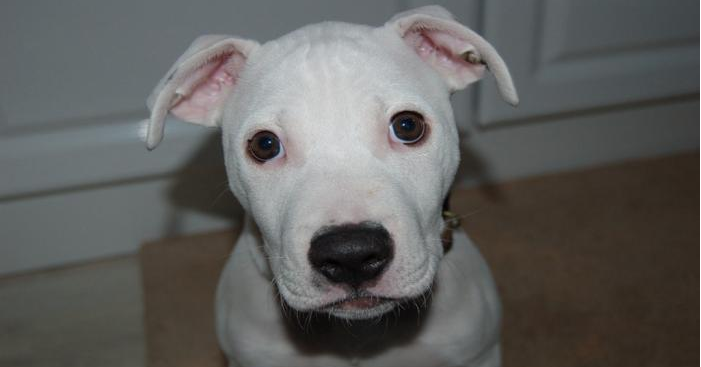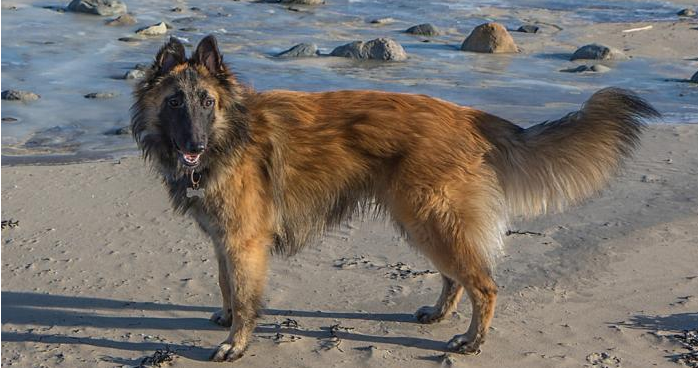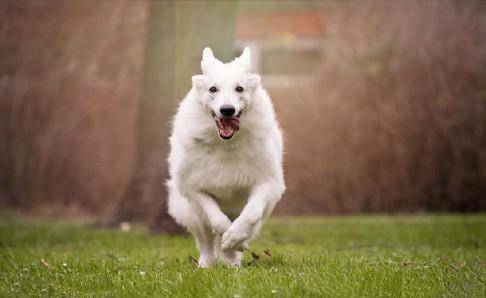The importance of veterinary dental care cannot be underestimated. Neglecting to care for your pet’s teeth can lead to problems and higher costs down the road.
Dental disease is very common in cats and dogs. The American College of Veterinary Dentists estimates that by age 3, most dogs and cats show evidence of periodontal disease (gingivitis and loss of bone and soft tissue around the teeth).
During a general veterinary exam, your veterinarian should examine your pet’s mouth. From there your veterinarian can determine if you should consider a pet dental cleaning.

Poor oral hygiene causes more than just bad breath. If plaque is not removed from your teeth on a regular basis, it can turn into hard tartar. Both plaque and tartar can irritate gums and lead to infection. While plaque can be brushed off at home, tartar needs veterinary attention.
As the condition worsens, the animal may suffer from oral pain, abscesses, separation of the gums, loss of the bone that supports the teeth and tooth loss. Bacteria originating in the mouth can enter the bloodstream and cause damage to your pet’s kidneys, heart and other organs.

Signs that your pet may need a veterinary dental cleaning include:
Loss of appetite (due to pain in the mouth)
Discolored teeth
Receding and/or bleeding gums
Sneezing and nasal discharge (from an abscess into the nose)
drool
Loose or missing teeth
If your pet would benefit from a dental cleaning, your veterinarian may recommend some lab tests. These tests ensure that your pet can safely undergo the anesthesia needed for a thorough dental cleaning.
During a dental cleaning, your veterinarian will remove plaque and tartar from all surfaces of your pet’s teeth. The area below the gum line will also be cleaned, which is necessary to minimize inflammation of the gums (gingivitis).
Once his teeth are scaled, they will be polished, making plaque redevelopment more difficult. Your pet’s teeth may also be made with fluoride or formulated to slow the return of plaque and tartar.
Depending on the health of your pet’s mouth, other procedures may be necessary.

Since veterinary dentistry requires general anesthesia and is expensive, it is wise to practice good pet dental care at home. Here are a few ways to keep your pet clean at home:
Brush your teeth daily. Using a dog or cat toothbrush is the best way to prevent plaque buildup. Brushes with a small head and soft bristles can be more comfortable for your pet. Choose a pet-friendly, fluoride-free toothpaste for brushing your pet’s teeth. In addition to swallowing the toothpaste, they are safe for pets, and they will bring out a flavor that pets find enticing.
Finger Brush. If your pet does not tolerate toothbrushes, you can use finger brushes. These rubber brushes slide over the top of the finger and can be used with regular pet toothpaste.
Water Additives. While not an alternative to brushing, water additives are a great addition to any dental program. The additive helps kill bacteria and promotes a clean and healthy mouth. Products like Water Additive are scent and flavor free, which is especially handy for sensitive cats.
Dental chews and snacks. Tasty treats are a clever way to trick your pet into cleaning their teeth. Dog snacks are high in protein and low in fat, making them ideal for frequent consumption.
Dental Diet. If your pet is very prone to dental problems, your veterinarian may recommend a formulated diet to promote dental health. These may be a good option for cats or dogs that are resistant to more common dental care techniques.
If you have a cat, you may be uncomfortable with this list. It is true that cats are usually not as open to dental care options as dogs.

Arming yourself with these resources will reduce the risk of serious dental problems, and if dental disease develops, it can be easily treated when caught early. Bringing your pet to the veterinarian for regular checkups is the best way to give him solid, lifelong dental health.

